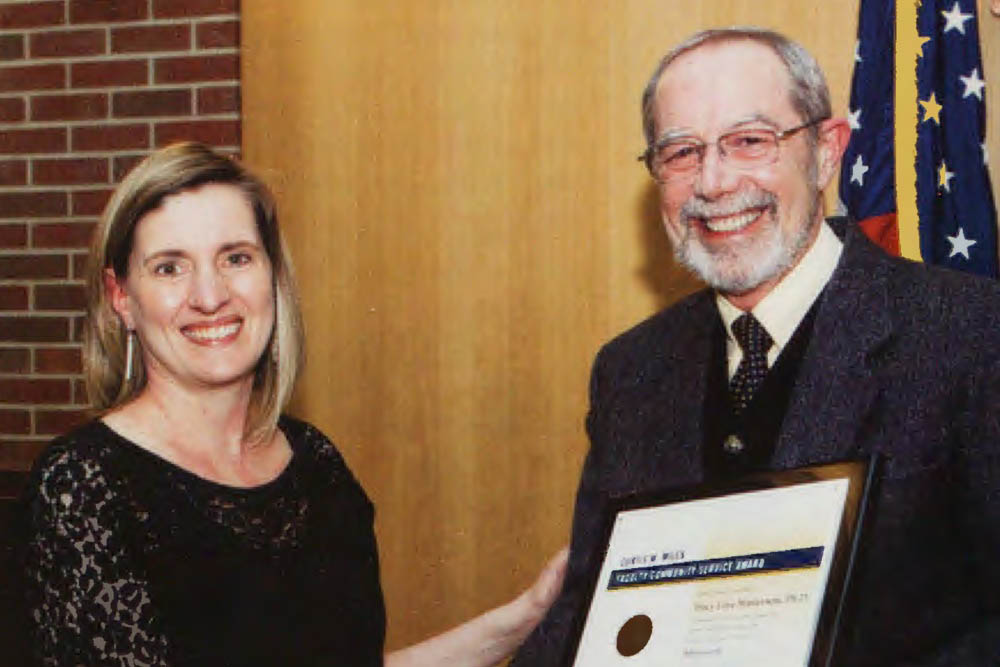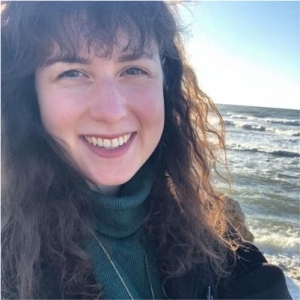Demand for psychology majors grows in parallel with our ability and desire to understand human behavior. The reach of technology and data both deepen our understanding and shape our behavior. John Carroll University prepares students to thrive in this changing world by emphasizing data science, research methods, and statistics as core skills in the study of psychology.
Psychology remains a broad discipline with ties to natural and social sciences. That breadth is reflected in the variety of available concentrations. For example, the interdisciplinary concentration in neuroscience offered at John Carroll is intended for biology, chemistry and psychology majors. John Carroll neuroscience undergraduate students have presented award-winning research at the Eastern Colleges Science Conference for four decades.
Opportunities available to psychology majors extend far beyond traditional clinical and counseling roles, to include advertising, business, economics, education, politics, human resources, law and medicine.







